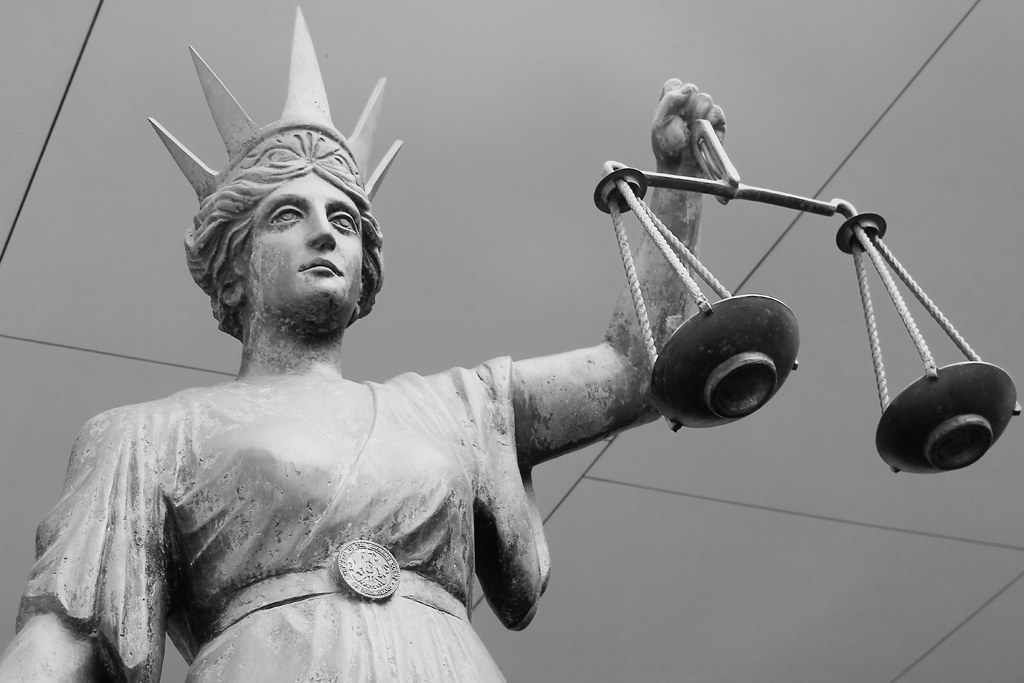Key Takeaways:
- President Trump reportedly expressed private frustration with Supreme Court justices he appointed.
- Justices Gorsuch, Kavanaugh, and Barrett are mentioned, with Barrett receiving particular criticism.
- Sources indicate Trump’s dissatisfaction spans multiple rulings over the past year.
- The White House states Trump respects the Court despite disagreements.
- Barrett has consistently voted conservatively, supporting Thomas and Alito in over 80% of cases.
Trump Voices Frustration Over Supreme Court Justices’ Decisions
According to recent reports, President Donald Trump has privately expressed dissatisfaction with Supreme Court justices he appointed. These justices include Neil Gorsuch, Brett Kavanaugh, and Amy Coney Barrett. Among these, Barrett, his last appointment, has drawn significant criticism from Trump.
The Justices in Question
During his term, Trump appointed three justices, all of whom were expected to align closely with his policies. However, sources suggest that Trump has been critical, particularly of Barrett, who replaced Justice Ruth Bader Ginsburg after her passing in 2020. The frustration reportedly stems from several rulings, not just one specific decision, and has been ongoing for over a year.
Understanding the Context
Barrett’s appointment was seen as a significant gain for conservatives, given her judicial philosophy. However, Trump’s expectations may have been higher, leading to his disappointment. Despite this, data indicates that Barrett has been a reliable conservative voice, siding with Justices Clarence Thomas and Samuel Alito in over 80% of cases last term.
The White House Responds
When asked about these claims, a White House spokesperson emphasized Trump’s respect for the Supreme Court, even when rulings don’t favor his views. They reiterated Trump’s opposition to radical changes like court-packing, which they argue could undermine the Court’s integrity.
Conclusion
While Trump’s private criticisms highlight the complex relationship between a President and the judiciary, the data shows that his appointees remain largely aligned with conservative values. The situation underscores the challenges faced by any President in predicting how justices will rule once in office.
